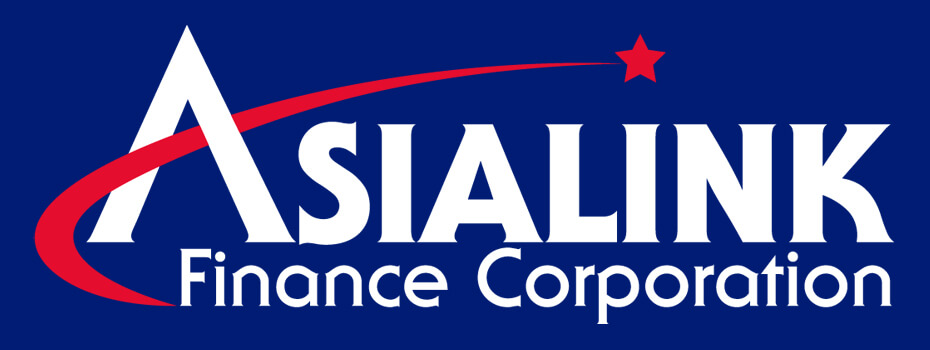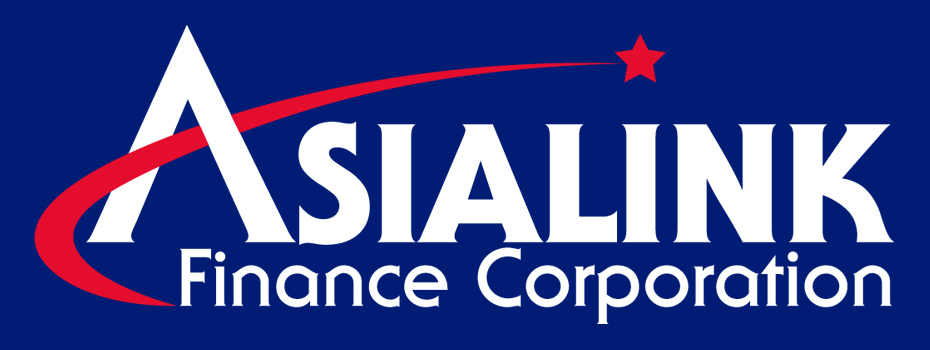How can you use a collateral loan to secure a business loan?
- List down assets you own
- Understand the risks
- Negotiate whenever possible
- Keep a record of your assets’ worth
Whether you are opening a sari-sari store, venturing into manpower training, or franchising a food stall, you will need working capital. It does not matter if you start as a sole proprietor or in a partnership, applying for a business loan is well worth your consideration. From simply knowing which of your assets can be used as collateral to keeping a record of their worth, here are some business loan tips that should help you secure a business loan.
List Down Assets You Own

In simpler terms, you have to know your assets and which ones can be used as collateral. While cars and houses are common forms of collateral, there are other pieces of equipment that have a title of ownership. Often, obtaining business loans with collateral is better than unsecured loans because your loan may get approved faster.
Apart from cars and houses, here are other asset-based collaterals that can be used to obtain a business loan.
Business Inventory
Businesses, especially those in the retail or food industry, must possess a valuable inventory count. If a business is unable to pay the loan amount, the financer possesses the right to take over the business inventory as a form of payment.
Invoice Financing
As the term suggests, invoice financing permits your financer to have a share of the money that is owed to you once paid. For instance, if you are unable to pay for the monthly loan, you must expect that the amount of money that you receive as an invoice is already the property of the financing institution.
Equipment Financing
Office equipment, machines, tools for production, as well as other assets found in your establishment can be put up for collateral when applying for business loans. Equipment financing, such as invoice financing, uses tangible assets as collateral.
Understand The Risks

Obtain a quick estimate of your borrowing risk through a simple business loan application. This will give you a clear view of the loan amount you wish to apply for, its interest rate, as well as if you are qualified or not.
While risk is inevitable, especially when it comes to borrowing money, preventing loss of assets is possible. By learning how to assess and analyze the risk, you will manage to keep your assets until you have fully paid for the loan.
Seek help from a financial advisor to understand the risks involved as well as the odds of the loan being approved. In addition to that, a reliable financial advisor should help you assess the profitability of your business to determine whether you will be able to pay for the loan in the long run.
Negotiate Whenever Possible

For those with a history of good and healthy business credit, you should be able to secure a loan with commitments and terms you are comfortable with. Your credit history should allow you to choose from multiple financers and find the one that best suits your capacity to pay.
Take note that when you are reviewing loan terms offered, you must consider the loan-to-value ratio of each. This ratio entails the percentage of the asset’s value against the amount the financer is willing to provide. The higher the percentage, the less collateral you will need to cover the value of the loan amount you are applying for.
Keep a Record of Your Assets’ Worth

If you do not know how to assess the present value of your assets, it is best to have a freelance or independent appraiser give you an idea of the financing institution that will price your property.
Many business owners fail to recognize today’s fair market value when assessing the value of their property. This is why most of them go home feeling sour when they realize their assets are not worth as much as they thought. The reason behind this is that they consider the purchasing value of the asset to initially own entitlement to the property.
Whether it is a house, vehicle, piece of equipment or machine, tangible assets tend to depreciate over the years. With that, it is safe to have an appraiser compute for the asset’s value.
Key Takeaway
Applying for a business loan is arguably one of the most important decisions that almost all business owners make at one point or another in their company’s cycle. Consider these business loan tips to help you gain a higher chance of getting your proposal approved. While these tips may not be your golden ticket to getting approved and successfully obtaining the loan amount you are asking for, it should prepare you for the tedious process of application.
- Truck Maintenance Checklist: 14 Ways to Keep Your Truck in Top Shape - December 20, 2023
- How to Stop Emotional Spending: Exploring 7 Common Triggers - November 9, 2023
- How to Build an Emergency Fund: 6 Steps to Budgeting for Unforeseen Expenses - October 31, 2023






